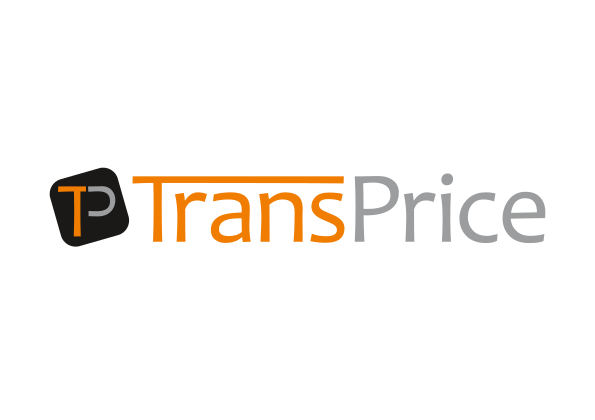Transfer pricing is a complex area that has been subject to increasing scrutiny by tax authorities around the world. Companies engaging in cross-border transactions are required to adhere to the arm’s length principle to ensure that prices for goods or services are consistent with market values. One way to ensure compliance with transfer pricing rules is to enter into Advance Pricing Agreements (APAs) with tax authorities. APAs offer companies a certain level of certainty and predictability in their tax planning by providing clarity on how transfer pricing is to be implemented for future transactions.
APAs provide companies with a level of assurance on the transfer pricing process, including method selection, comparables, and penalty protection. The Internal Revenue Service (IRS) offers three types of APAs: unilateral, bilateral, and multilateral. The length of an APA is normally five years, but it may be extended as appropriate. The IRS’s APA program includes strict case management procedures, additional taxpayer disclosure requirements, assurance that an APA case will not start until the submission is substantially complete, updated taxpayer conditions upon which an APA may be cancelled or revoked, and user fee simplification.
One of the costs associated with obtaining an APA is the filing fee. Before June 30, 2018, the fees ranged from USD 22,500 to USD 50,000 for the original request, USD 50,000 for a non-routine renewal, USD 35,000 for small business APA request/renewal, and USD 10,000 for amending an APA request or a completed APA. In February 2018, the IRS announced that the fees for APAs would increase in a two-step process.
For APA requests submitted after June 30, 2018, the fees were increased to USD 86,750 for new APAs, USD 48,500 for renewal APAs, USD 42,000 for small case APAs, and USD 17,750 for amendments to APAs. For APA requests submitted after December 31, 2018, the fees have increased even further. The new fees are USD 113,500 for new APAs, USD 62,000 for renewal APAs, USD 54,000 for small case APAs, and USD 23,000 for amendments.
The increased fees are likely to be a deterrent for companies seeking an APA, especially smaller businesses. However, it is important to note that the cost of an APA is often much lower than the cost of engaging in transfer pricing litigation, which can be a lengthy and expensive process. Moreover, the cost of obtaining an APA may be partially offset by the reduced risk of penalties and the assurance of a streamlined transfer pricing process.
In conclusion, APAs are a useful tool for companies to ensure compliance with transfer pricing rules and provide a level of certainty in tax planning. The filing fees associated with APAs have increased significantly in recent years, but the cost of an APA is often much lower than the cost of transfer pricing litigation. It is important for companies to consider the benefits of obtaining an APA and weigh the costs against the potential risks of non-compliance.
